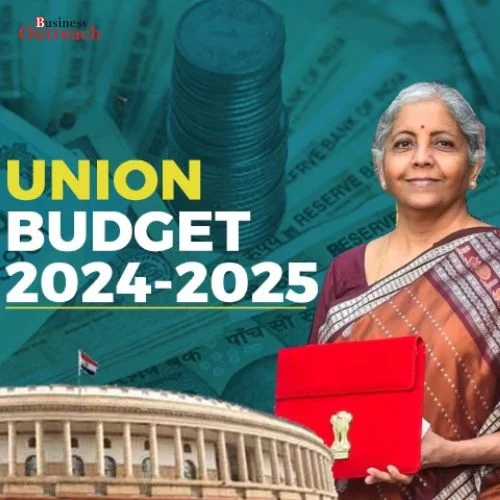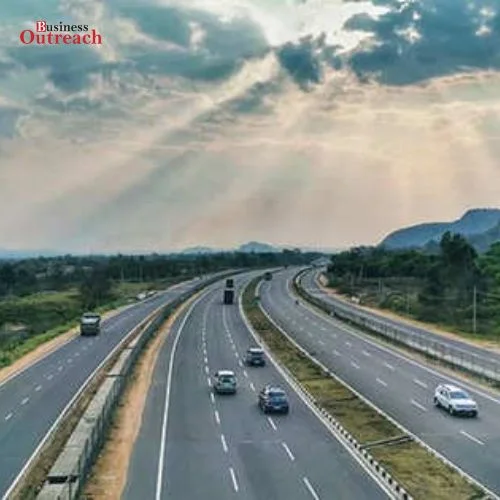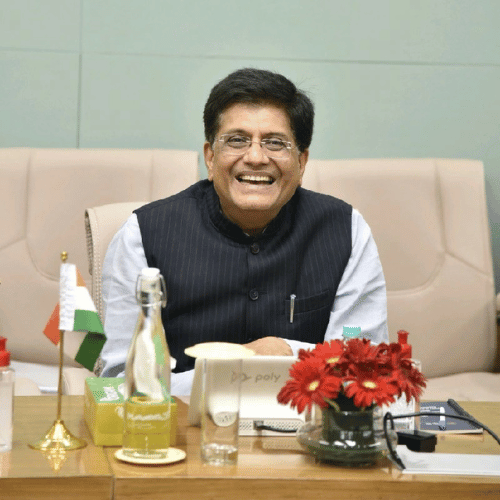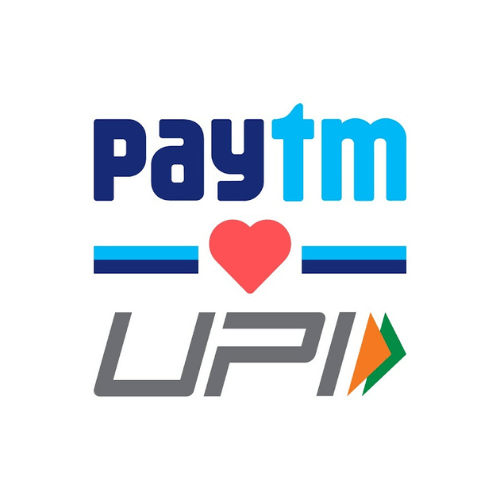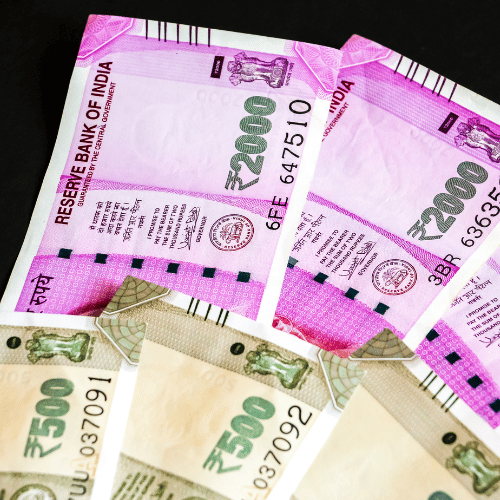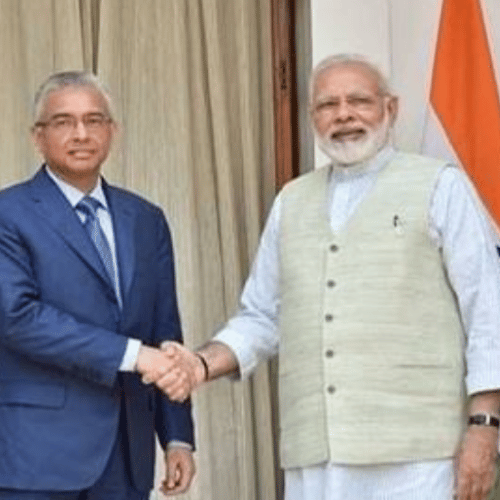The National Highways Authority of India (NHAI) hopes to earn Rs 60,000 crore over the next three years by securitizing the toll revenue from four significant NH projects now under construction—three motorways and one economic corridor. This will lower upfront government investment in capital-intensive projects and make up approximately two-thirds of the funds needed to build these routes.
After the success of securitizing tolls for the Delhi-Mumbai motorway project, NHAI is turning to this method of funding future projects. It has raised over Rs 30,000 crore to date and hopes to fund a further Rs 15,000 crore this fiscal year. This monetization method links the toll collection and principal payments with a guaranteed interest rate.
The plan to establish four autonomous special purpose vehicles (SPVs) has been finished, according to a senior official, and the NHAI is awaiting the finance ministry’s permission. Each of the following highways—Visakhapatnam-Raipur, Delhi-Amritsar-Katra, Amritsar-Jamnagar, and Chennai-Bengaluru—will have its own SPV established.
The SPV overseeing capital raising, operation, and debt repayment will get the road assets. These projects have a capital investment of about Rs 90,000 crore.
The National Highways Authority of India, often known as NHAI (Hindi: ), is an independent government organization that was established in 1995 (Act 1988) and is in charge of managing a network of more than 50,000 km of national highways out of the 1,32,499 km total in India.[4] The Ministry of Road Transport and Highways (MoRTH) has designated it as a nodal agency.
In order to map highways using satellites, NHAI and the Indian Space Research Organisation (ISRO) have signed a memorandum of understanding (MoU).









